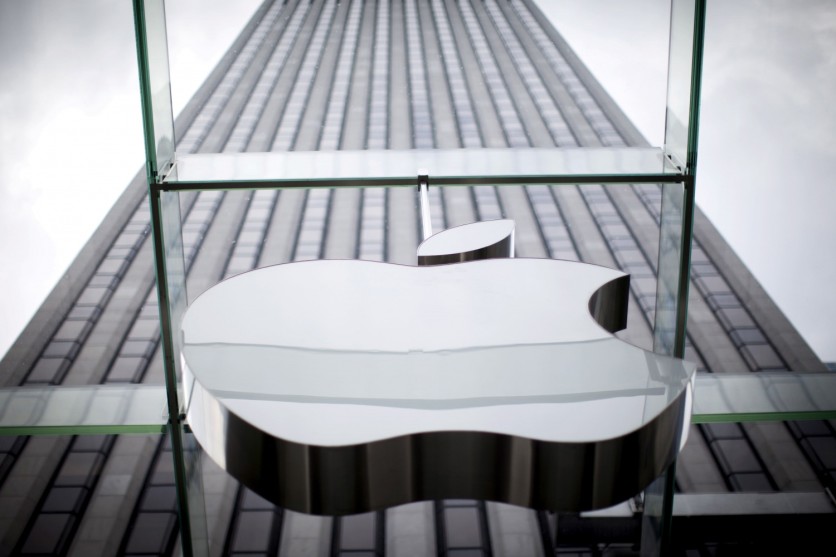
Apple won't be willing to release iPhones on the request of law enforcement, but a new warrant indicates the tech giant is joining forces with officers in other ways.
The document acquired by Forbes reveals the firm's device is intercepting and checking user's emails for illegal material, with a focus on child sexual abuse.
How Apple identifies messages
Apple's systems are using 'hashes' to identify pics and videos in the message that may include the illicit content, which might be then flagged and quarantined for further investigation.
If the questionable email has been found to have unlawful cloth, Apple will dispatch the information to the National Center for Missing and Exploited Children (NCMEC) and other authorities.
Forbes underscored that it isn't the staff this is sifting through emails; however, a machine that uses the same technology with Facebook, Twitter, and Google to find child abusers.
The technology works through growing a unique fingerprint, called a 'hash,' for each photo stated to the foundation, which might be then exceeded on to internet businesses would be automatically removed from the net.
Once an email has been targeted, a human employee will then look at the content of the record and analyze the message to decide if it needs to be sent over to the proper authorities.
What happens next?
According to Forbes, Apple provided data about the user's name, address, and mobile smartphone number to regulation enforcement. The government, besides, requests the users' emails, texts, messages, and other documents stored on his iCloud.
An Apple insider, as cited by Forbes, explained that authorities do no longer go to the intended recipient when Apple intercepts the email with suspected images.
According to the special agent at the Homeland Security Investigations unit, the employee who was able to intercept the messages will then examine each of these photos of suspected child pornography.
The open warrant suggests that Apple is willing to sign up for forces with officers, even though it has pushed lower back in other ways inside the past.
What about encrypted messages?
The real battleground, however, is in which content material is encrypted. It's impossible for Apple structures to flag illegal content in messages which have been sealed with a key that most effective customers have.
The so-referred to as crypto war-where tech corporations like Apple are being told by the government to help smash their own safety to allow access to user records-sparked recently when FBI sent a letter to Apple asking to help unencumber iPhones of the alleged terrorist shooter on a Pensacola naval base in December.
The FBI wanted to get the encrypted data to search for possible leads; however, it didn't explain why forensics gear, just like the iPhone-cracking GrayKey, couldn't unencumber the devices. Such tools have long been able to get at information on older iPhones, just like the five and seven models in the Pensacola case. And, as with the case above, Apple had already given over applicable iCloud information to the feds.
ALSO READ : Experts Find Security Hole In Apple's iMessage Encryption: Here's What They Were Able To Do
One senior FBI worker told Forbes that the enterprise has "been able to get into those for years." And, the supply added, they didn't consider the DOJ and Attorney General William Barr had selected the right hill to die on in that case, raising issues approximately how damaging the letter might have been to increasingly pleasant relations with Apple.
![Apple Watch Series 10 [GPS 42mm]](https://d.techtimes.com/en/full/453899/apple-watch-series-10-gps-42mm.jpg?w=184&h=103&f=9fb3c2ea2db928c663d1d2eadbcb3e52)



